Why Sleep After Shoulder Surgery Is Tough
There are a few reasons why sleeping after shoulder surgery is difficult. Part of the issue may come down to the procedure itself. You may be processing the surgery or feeling anxious about healing. You may also have pain medication with side effects that can make sleep more difficult.
The big challenge is pain. During the day, you can adjust your position and posture so you’re most comfortable. When you’re asleep, you can shift and move around, making the pain worse. Many people tend to sleep on their side or tuck their hands under their pillow. Both positions can wrench the shoulder and make the pain worse.
How to Sleep Post Shoulder Surgery
Getting proper rest is important for healing following your procedure. Fortunately, there are several things you can do to get a good night’s sleep in the days and weeks after surgery:
- Talk to your doctor or surgeon: Ask about the best ways to sleep after surgery and be sure to follow their advice.
- Talk to your pharmacist: If you need to take pain medication following your procedure, check whether your medication has side effects that could prevent you from sleeping well.
- Wear a sling at night: A sling helps keep your shoulder stationary to promote healing. It also reduces the risk you’ll wrench your arm into a position that can cause discomfort.
- Sleep on an incline: If you shift during sleep or tend to sleep on your side, consider sleeping in a recliner or propped up on pillows. This can help keep movement to a minimum and save you some pain.
- Put a pillow between your body and your arm: Sleeping in a new position can cause cramping and numbness, especially if you reduce blood flow. Cushioning your arm with a pillow can help.
- Apply ice before sleep: A cold compress can reduce inflammation and curb pain before sleep, making it easier to fall asleep. To properly ice your shoulder, wrap an ice pack in a towel and gently apply it to the affected area for no more than 30 minutes.
Sleeping post shoulder surgery can mean sleeping with your arm in a sling or with you on an incline for four to six weeks. If you notice you’re experiencing severe pain or not getting good sleep and feel tired during the day during these initial weeks, see your doctor for help. If you notice pain and trouble sleeping after six weeks, make an appointment with your surgeon.
Do You Need Shoulder Surgery?
If you’re experiencing pain or have an injury, New York Spine Institute can help. We have surgeons and experienced physicians who use the latest medical advances for diagnosis and minimally invasive treatment. Contact New York Spine Institute today to schedule an appointment with one of our Orthopedics & Sports Medicine doctors.





